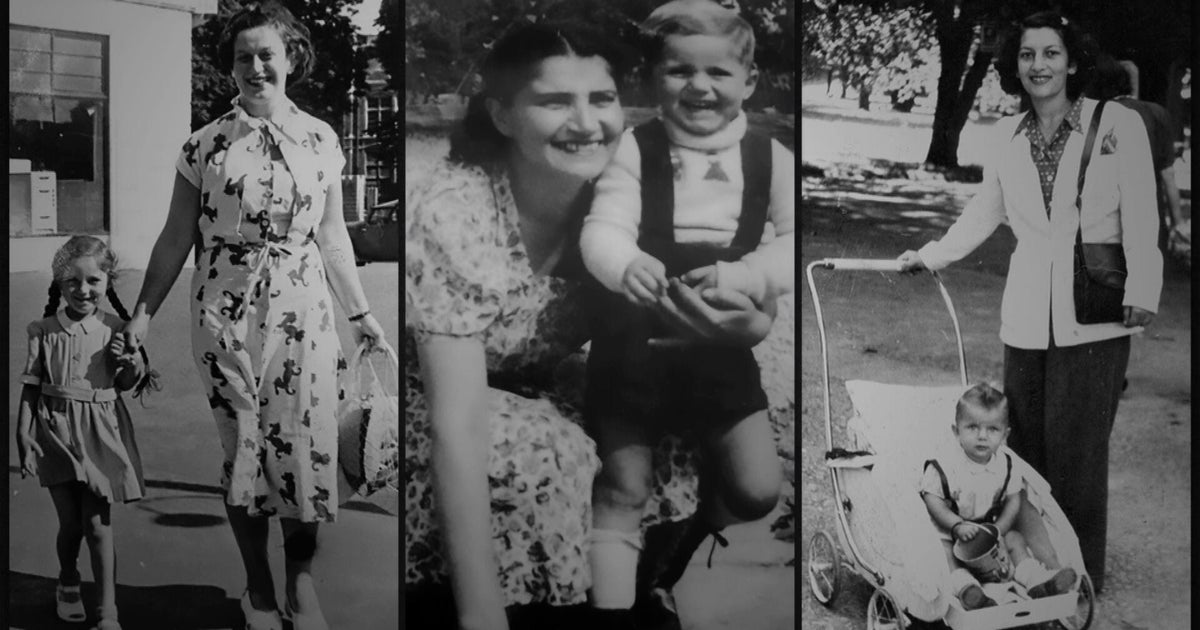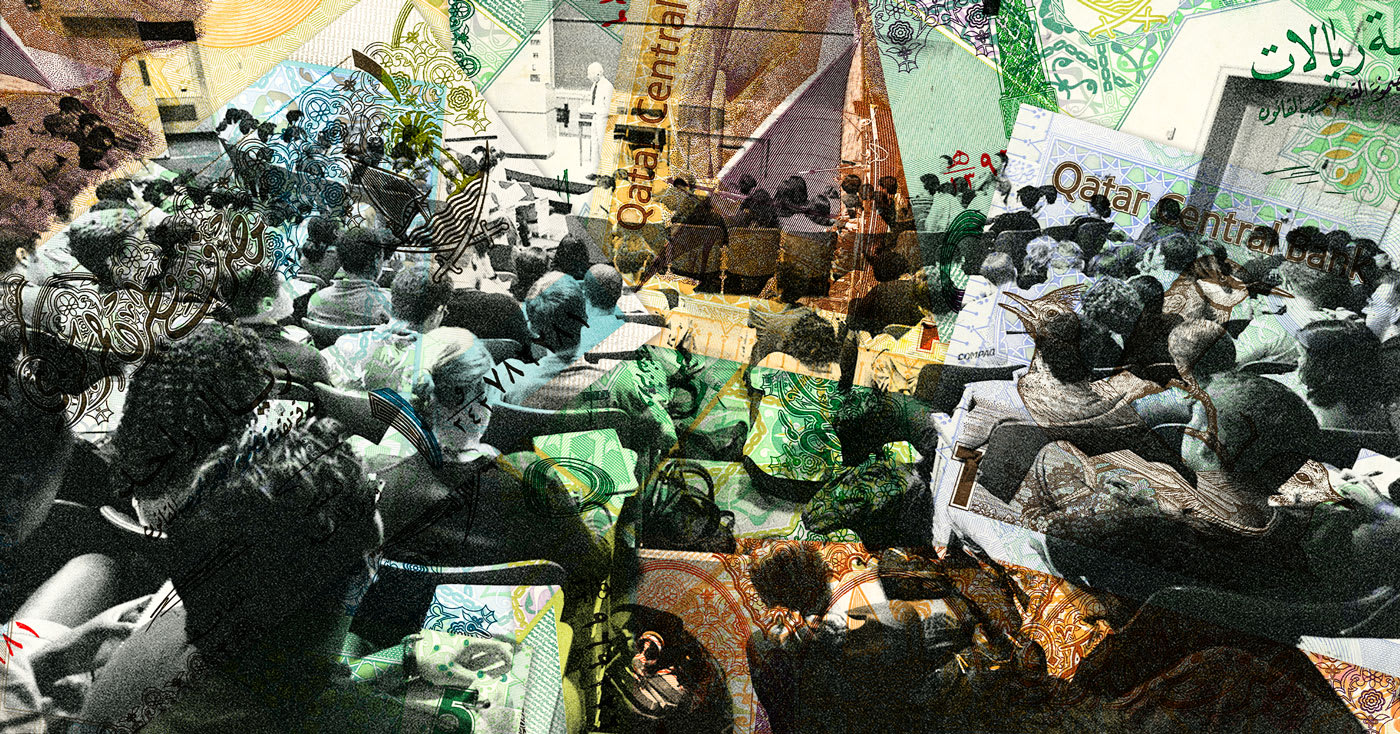Are heroes born? Or made?
A foundation set up by steel magnate Andrew Carnegie has been recognizing and rewarding heroes since 1904. Thousands have been honored as "Carnegie Heroes."
Carnegie endowed the fund with the equivalent of $100 million in today's money. The steel magnate, whose mills depended on coal, wanted to honor the memories of two individuals who ran into a coal mine in an unsuccessful attempt to save 180 miners trapped by fire. Today, a commission headed by Eric Zahren decides who gets a bronze medal, $5,500 and other support, sometimes even for the hero's dependents.
Who's a hero?
"We define it as, at least in terms of our medal-awarding requirement, as a man or a woman that willingly and knowingly risks their life to an extraordinary degree to save or attempt to save the life of another human being," says Zahren.
Sunday on 60 Minutes, Scott Pelley interviews Carnegie Hero Fund awardees and reports on brain characteristics such individuals seem to share that could be a possible marker for bravery in human beings.
Pelley interviews three Carnegie Heroes. Terryann Thomas tangled with a crazed man who had attacked an officer and who she thought was armed, to prevent the man from taking an elevator to a room full of potential victims. Pete Pontzer and another man swam 150 yards to save a drowning child. When he returned with the child, he was told there was another and ran back in -- despite a broken foot. David McCartney and another man broke a windshield and pulled a driver from a burning car right before it blew up.
Zahren says the commission looks at up to 1,000 cases a year and awards about 10% of them. Not all the heroes survive.
"We also pay for funeral costs fully for a hero that is killed in the act. We pay any medical costs for any injury that they incur, to include psychological after-effects, PTSD," Zahren tells Pelley. "We don't present a medal and walk away… We were recently looking at a case [of]… a gentleman was killed in his heroic act. And we supported his wife, and then one of his daughters for a total of 72 years."
Pelley also speaks with Dr. Abigail Marsh, who has researched altruism and the question of whether heroes are born or made. Her curiosity began when, as a teenager, she spun out in the middle of an interstate one night and couldn't restart her car. She never learned the name of the hero who came to her rescue, but the experience led her to become a neuroscientist.
At Georgetown University, Marsh has published studies on the brains of psychopaths – with no compassion for others – and altruists who have so much compassion that they donated a kidney to a stranger. She found those who gave up an organ to save another, had amygdalae with similar traits. They were larger than normal and more reactive to images of people who were afraid. The amygdalae are structures in the brain involved in decision making and they react faster than conscious thought.
She tells Pelley about her findings when she showed these two types of individuals pictures while scanning their amygdalae.
"People who are psychopathic show very minimal responses in the amygdala when they see a frightened face, people who have given kidneys to strangers have an exaggerated response in the amygdala, which we think means that they are more sensitive than most people to others' distress, better at interpreting when other people are in distress," Marsh says.
Did the Carnegie Heroes have larger amygdalae that were more reactive to frightened faces? Thomas, Pontzer and McCartney agreed to let Marsh test them for this 60 Minutes story.
"I was really pleased-- and gratified-- by what we found in the heroic rescuers," Marsh tells Pelley. "Just like the altruistic kidney donors, their amygdalas were larger than average and significantly more responsive to the sight of somebody else in distress. Which makes so much sense, I mean, you know these are the people who, when they saw someone terrified because they thought they were about to die, they didn't just sit there."
Pelley's report will be broadcast on the next edition of 60 Minutes, Sunday, November 7, at 7 p.m. ET/PT on CBS.



